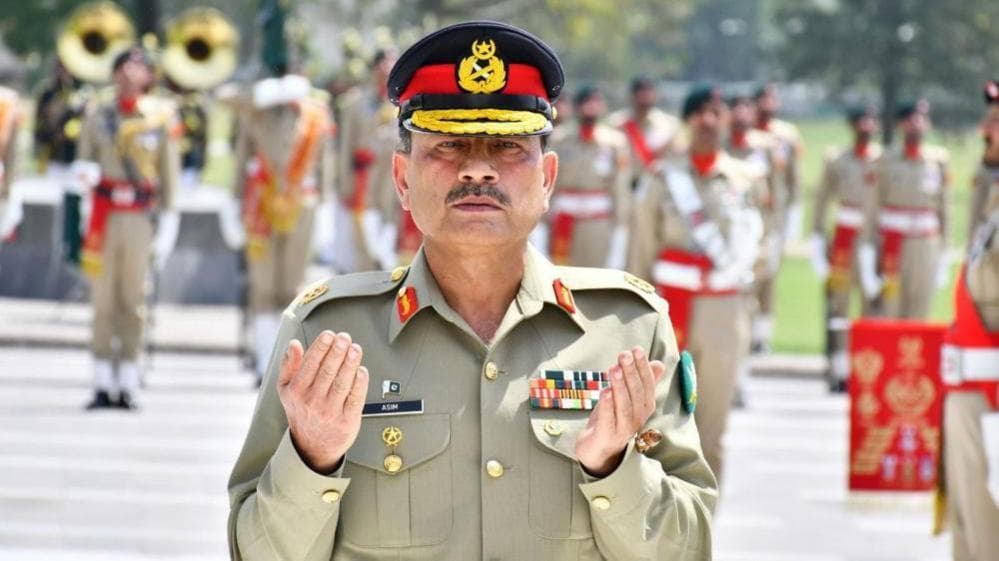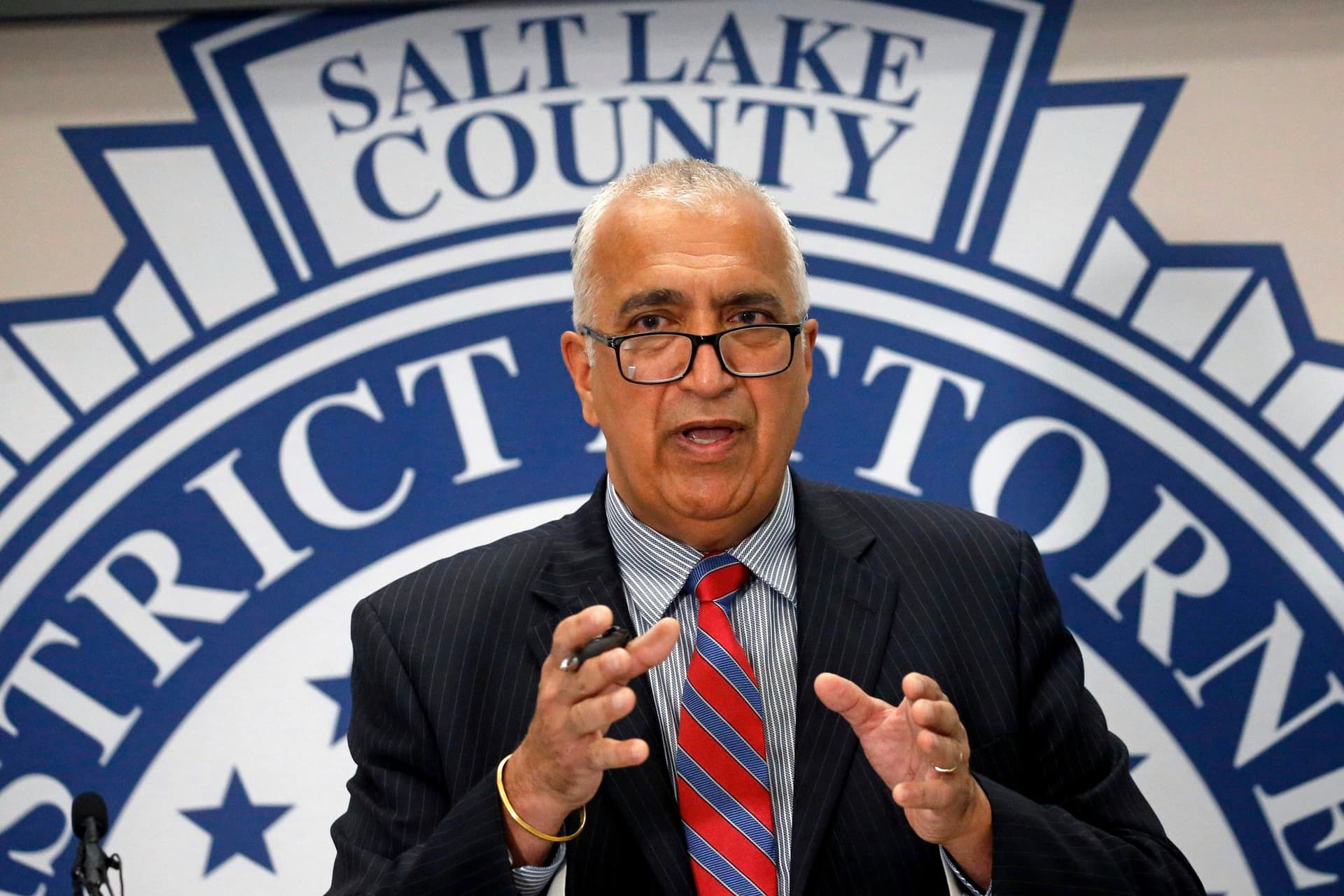Parliament Grants Pakistan Army Chief Lifetime Immunity and Expanded Powers
Pakistan has enacted a constitutional change that gives Army Chief Field Marshal Asim Munir expanded authority and lifetime immunity from arrest and prosecution, a move critics warn weakens democratic checks and balances. The 27th amendment also restructures the top courts, raising immediate concerns about judicial independence and the future of civilian oversight.
Listen to Article
Click play to generate audio

Pakistan’s parliament approved the 27th constitutional amendment and it was signed into law on Thursday, a step that formally confers expanded powers on Army Chief Field Marshal Asim Munir and grants him lifetime immunity from arrest and prosecution. Lawmakers enacted changes that also alter the structure and operation of the country’s highest courts, prompting sharp objections from judges and democracy advocates who say the measure concentrates power and erodes the separation of powers.
The constitutional change follows a broader pattern of institutional shifts. Last year’s 26th amendment transferred the authority to select Pakistan’s top judge to parliamentarians, a recalibration of judicial appointments that critics said undermined judicial independence. Observers now see the 27th amendment as a continuation of that trend, moving beyond appointment processes to reshape the judiciary’s role relative to the executive and the military.
Justice Mansoor Ali Shah, a senior member of the judiciary, said that the amendment had effectively brought the courts under political control, and that it had "torn the Supreme Court to pieces". His comment reflects alarm within parts of the judicial establishment about the legal and constitutional architecture that will govern future disputes over executive and military actions.
Critics argue the lifetime immunity provision removes a crucial accountability mechanism. By insulating the serving army chief from arrest and prosecution for actions taken in office, the law limits the legal remedies available to civilians and institutions that might seek redress for abuses. Legal scholars and rights groups have warned that such immunity can create perverse incentives and reduce transparency in a country where the military has long played a central role in politics.
"It does indicate a slide towards authoritarianism," says Ms Noor, adding that she sees the latest amendment as building on the 26th amendment, made last year, which gave lawmakers the power to pick Pakistan's top judge. Her assessment encapsulates a wider worry among opposition politicians, civil society organizations and some members of the legal community that authority is being consolidated at the expense of democratic oversight.
The government has justified the reforms as necessary to stabilize state institutions and to clarify roles in a complex security environment. Supporters in parliament argued the changes will provide continuity and protect national security decision making, but those arguments have not been accompanied by broad public consultation or clear safeguards to preserve judicial independence.
International response is likely to focus on the implications for rule of law and governance. For investors and foreign partners, diminished checks on security institutions can translate into political risk and uncertainty. At home, the amendments may reshape the incentives facing political parties, judges and civil society, with consequences for future electoral contests and civic engagement.
As Pakistan adjusts to the new constitutional framework, questions will center on how the judiciary will exercise its remaining authority, how accountability mechanisms for security establishments will function in practice, and whether institutional reforms intended to strengthen the state will instead erode democratic norms. The stakes are high for a country where the balance between civilian rule and military influence has long defined political life.


